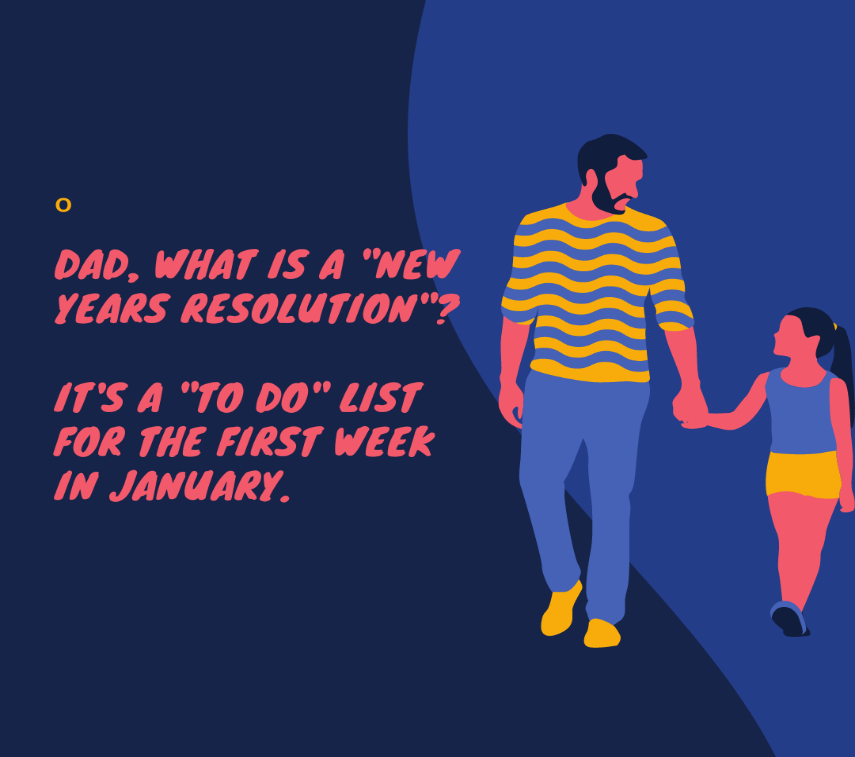Home > PTTC Post January 2020 Article
PTTC Post Article
Rori Douros
January, 2021
2020 was quite a year! In fact, a lot of us would rather forget it ever happened.
That said, it’s important to reflect upon last year and grieve the things we lost (people, traditions, comforts, office space, community/social gatherings, lunch with co-workers, etc.) and celebrate the thing(s) we gained (CDC, 2020). Even if you can only think of one good or fruitful thing you gained last year, that’s ONE thing! It may be that you learned how to successfully navigate working from home or how to balance your prevention work all while home schooling children. Did you learn how to participate in or host online meetings or webinars, or learn how to provide prevention services, virtually, rather than in-person? Maybe you even figured out, or helped a state/ community/school, to figure out how to adapt a traditional, in-person, prevention curriculum, for online use? You deserve a huge pat on the back for making it through challenging times and for anything(s) large or small you gained, last year.

It’s okay to be glad 2020 is over and to be excited a new year has begun. After all, we now have new skills and knowledge to continue our important prevention work. However, some of the things that made us feel isolated, overwhelmed, unproductive, frustrate, uncomfortable, or “insert your own feeling here” may still exist in 2021. Taking care of yourself is still as important as ever. We know the time for self-care is now, but many of us still struggle to make it a priority. A lack of self-care is common for many helping professionals as they struggle to highlight their own wellbeing while helping others. (Lee, Jacquelyn J. et al, 2020) Self-care looks different for everyone, but to successfully help our states, communities and schools with preventing substance misuse, we must prioritize our own physical, mental, emotional and spiritual health. Following are some simple things to remember:

Consider starting with goals, personal or professional, for January and February, only. Reevaluate in March. If it doesn’t come easy for you to set realistic, achievable goals, consider using a goal setting method such as the SMART technique. S.M.A.R.T. is an acronym used to help ensure your goals are clear and reachable.
Specific (simple, sensible, significant)
Measurable (meaningful, motivating)
Achievable (agreed, attainable)
Relevant (reasonable, realistic and resourced, results-based)
Time bound (time-based, time limited, time/cost limited, timely, time-sensitive)
See this Substance Abuse and Mental Health Services Administration (SAMHSA) fact sheet - Setting Goals and Developing Specific, Measurable, Achievable, Relevant, and Time-bound Objectives for SMART tips and examples (SAMHSA, 2020). There are many, free, downloadable/ fillable forms and goal setting apps. available. Whichever goal setting or “to do” method you use, even if it’s good old sticky notes stuck all over your desk, make sure to be realistic and to celebrate your successes!

Don’t use a wooden kitchen chair, stool with no back, or your bed, if you can help it. These are not good options for long-term use. A desk that’s 30 to 36 inches deep and at least 3 feet wide is best, for your comfort. Observe your posture; try to relax your shoulders and keep your elbows to your side while typing. Additionally, sit as tall as you can and ensure your eyes are level with the top of your monitor. If need be, use a pillow to prop yourself up or use books or magazines to prop your monitor up. Last, but certainly not least, every hour, stand up, stretch and walk around, if even for a couple of minutes (Feintzeig, 2020).
Say goodbye to 2020 and make YOURSELF a priority in 2021! Set realistic goals, ensure you are comfortable and build whatever “fun” is to you into your schedule. Even a few seconds or moments of self-care can help. Start out slow and work your way up. Give yourself leniency as you develop your new self-care routine as it can take 2-3 months of working on a behavior for it to become habit. (Gardner, 2012). Click here for a list of self-care resources that may be helpful to you, including a self-care assessment to help you get started, a stress reduction tips wallet card, and many others.
 Rori Douros is the Assistant Project Coordinator at the Mountain Plains PTTC located within the Department of Educational Psychology at the University of Utah. She has been in the field of substance misuse prevention, in various capacities, for over 15 years. Rori enjoys working with the states in region 8 as well as her colleagues within the PTTC network. She is passionate about helping others, connecting people with needed resources and workforce development.
Rori Douros is the Assistant Project Coordinator at the Mountain Plains PTTC located within the Department of Educational Psychology at the University of Utah. She has been in the field of substance misuse prevention, in various capacities, for over 15 years. Rori enjoys working with the states in region 8 as well as her colleagues within the PTTC network. She is passionate about helping others, connecting people with needed resources and workforce development.
REFERENCES
Centers for Disease Control and Prevention. (2020, June 11). Grief and Loss. Retrieved from https://www.cdc.gov/coronavirus/2019-ncov/daily-life-coping/stress-coping/grief-loss.html#anchor_1591969404135
Feintzeig, Rachel (2020). Your Home-Office Ergonomics Are Still a Mess—Do Something About It. The Wall Street Journal. Retrieved from https://www.wsj.com/articles/your-home-office-ergonomics-are-still-a-messdo-something-about-it-11606698000
Gardner, B., Lally, P., & Wardle, J. (2012). Making health habitual: the psychology of 'habit-formation' and general practice. The British journal of general practice: the journal of the Royal College of General Practitioners, 62(605), 664–666. https://doi.org/10.3399/bjgp12X659466
Lee, Jacquelyn J., Miller, Shari E. & Bride, Brian E. Development and Initial Validation of the Self-Care Practices Scale, Social Work, Volume 65, Issue 1, January 2020, Pages 21-28, https://doi.org/10.1093/sw/swz045
The National Council for Behavioral Health (2021, Jan. 7). Center for Excellence (CoE) Office Hour: Implementing Self-Care Throughout Cold Winter Weather and the COVID-19 Pandemic https://thenationalcouncil-org.zoom.us/rec/play/f7MzYo_GJ-MQqT6Z5NhJia6Om0JHHx_qQwhoAT-3g4KJSpLjYj-uCgmYPnGCpx8mA8wms-pi5HTlk6TH.I-SUumzW8e2lg1J_?startTime=1610046021000&_x_zm_rtaid=wQmL2y4DR7mblzPildZPaw.1610323646528.411e949cc2c1699f73ac7fb7008c4083&_x_zm_rhtaid=771
Substance Abuse and Mental Health Services Administration Publications and Resources. (2020). Setting Goals and Developing Specific, Measurable, Achievable, Relevant, and Time-bound Objectives, pp. 1-4 Retrieved from https://www.samhsa.gov/sites/pttc/files/nc-smart-goals-fact-sheet.pdf